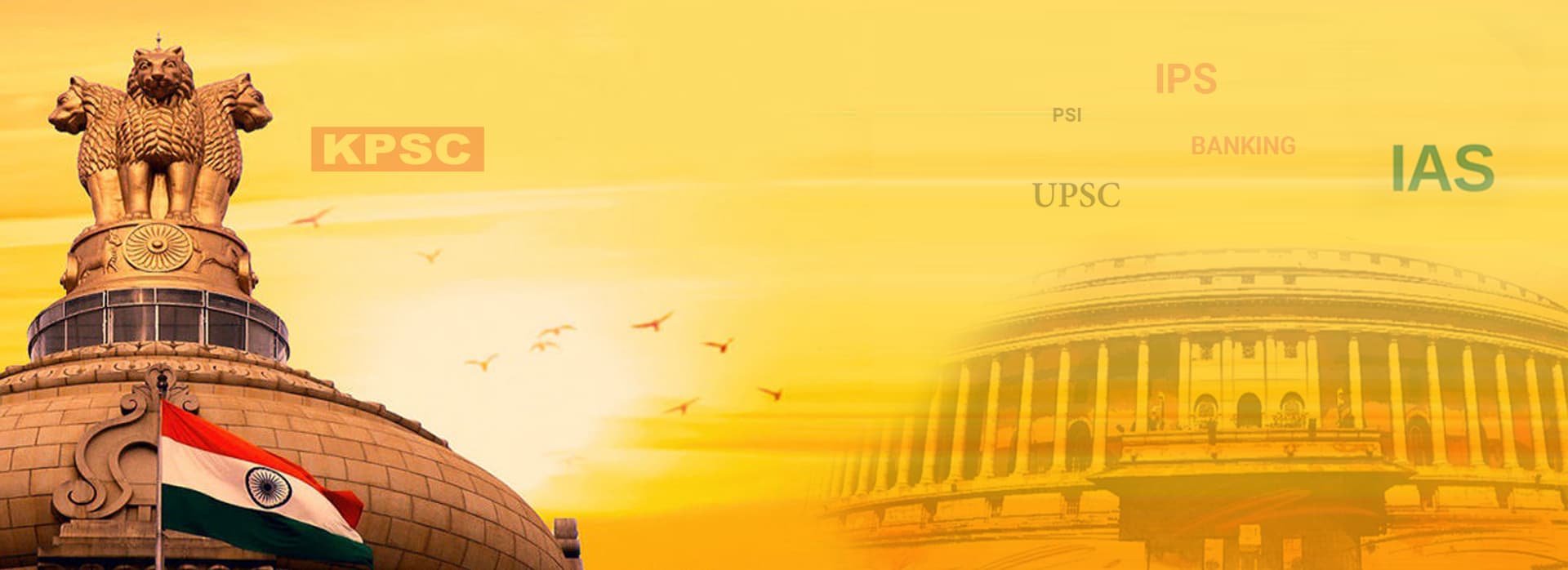Pakistan’s Violations of Global Treaties and Resolutions
Syllabus:
GS-2:
India and its Neighbourhood , Effect of Policies & Politics of Countries on India’s Interests
Focus:
India recently suspended the 1960 Indus Waters Treaty citing Pakistan’s misuse of international forums. This spotlighted Pakistan’s long history of violating bilateral agreements and global conventions on terrorism, sovereignty, and human rights, including UN Security Council resolutions, FATF norms, and humanitarian treaties—undermining regional peace and international legal commitments.

Bilateral Agreements Violated by Pakistan:
Simla Agreement (1972)
- Aimed at peaceful resolution of disputes and respecting each other’s territorial integrity.
- Pakistan violated this by promoting cross-border terrorism in Jammu & Kashmir.
- Supported infiltration and armed insurgency, undermining peaceful bilateral mechanisms.
Lahore Declaration (1999)
- Signed during PM Vajpayee’s visit to Lahore to de-escalate nuclear tension.
- Just months later, Kargil War was initiated by Pakistan in betrayal of the agreement.
- Demonstrates Pakistan’s pattern of undermining peace overtures for strategic gain.
Violations of International Conventions on Terrorism and Crime:
UNSC Resolutions Ignored
- Resolution 1267 (1999): Mandates freezing assets and banning travel of terror-linked individuals. Pakistan continued supporting groups like LeT, JeM, and Dawood Ibrahim.
- Resolution 1373 (2001): Bars states from supporting terrorist groups. Pakistan failed to curb LeT, which morphed into political front PMML, defying the spirit of the resolution.
- Resolution 1269 and 1989: Requires states to deny safe havens to terrorists. Pakistan’s ongoing terror financing and sheltering of militants defies these provisions.
International Conventions on Terrorism
- Convention for Suppression of Financing of Terrorism (1999): Pakistan ratified with conditions but has continued terror sponsorship in India and Afghanistan.
- Convention for Suppression of Terrorist Bombings (1997): Despite ratification, perpetrators of the 26/11 Mumbai attacks enjoy safe haven in Pakistan.
- Convention for Unlawful Seizure of Aircraft (1970): Pakistan did not act against Masood Azhar and family involved in the IC-814 hijacking.
- Convention on Crimes against Protected Persons (1973): Malik Masarat, linked to the killing of Indian diplomat Ravindra Mhatre, roams free in Pakistan, violating extradition norms.
SAARC Anti-Terrorism Framework
- SAARC Regional Convention on Terrorism (1987) and its 2004 protocol were undermined by Pakistan’s persistent cross-border terrorism against India.
- While advocating for revival of SAARC, Pakistan’s actions contradict the very anti-terror consensus among member nations.
Human Rights and Humanitarian Law Violations:
Minority Repression
- Violates International Covenant on Civil and Political Rights through suppression of Baloch, Pashtun, Ahmadiyya, and Shia
- Frequent human rights abuses and enforced disappearances are rampant in Pakistan-occupied Kashmir (PoK) and Gilgit-Baltistan (GB).
Discrimination Against Women
- Contravenes the Convention on the Elimination of All Forms of Discrimination Against Women (CEDAW).
- Pakistani laws and practices deny women equal rights in marriage, divorce, child custody, and inheritance.
Child Labour Concerns
- Breaches the Worst Forms of Child Labour Convention.
- The 2023 U.S. Department of Labour report highlights widespread use of child labour in hazardous industries across Pakistan.
Failure to Uphold Sovereignty and Non-Proliferation Norms:
UNTOC (UN Convention Against Transnational Organized Crime)
- Despite ratifying in 2010, Pakistan’s illegal occupation and administration of PoK and GB violates Article 4 on sovereignty protection.
Financial Action Task Force (FATF) Non-Compliance
- Placed on the FATF grey list (2018–2022) for failing to act on terror financing and money laundering.
- Pakistan was repeatedly warned to reform, but cosmetic actions masked continued support to terror outfits.
Nuclear Non-Proliferation Negligence
- Though not detailed in this editorial, Pakistan’s track record includes the infamous Q. Khan network which distributed nuclear technology illicitly.
- Undermines global non-proliferation norms and contributes to nuclear insecurity in the region.
Other International Commitments Breached:
UNSC Resolution 38 (1948)
- Required Pakistan to report territorial changes in J&K to the UN.
- Violated during:
- 1949: Separation of Gilgit-Baltistan from J&K.
- 1963: Illegally ceded Shaksgam Valley to China without informing the UN.
- 1949: Separation of Gilgit-Baltistan from J&K.
US Foreign Agents Registration Act
- Ghulam Nabi Fai, convicted in 2011 in the U.S. for acting as a Pakistani agent, ran covert campaigns against India.
- Example of Pakistan using diaspora networks and agents to spread propaganda abroad.
Creation of Political Fronts from Terror Groups
- LeT transformed into Jamaat-ud-Dawa (JuD) and then PMML, with Saifullah Kasuri, a known terror operative, introduced as its president in 2017.
- Violates both UN terrorism sanctions and Pakistan’s own obligations to restrict such rebranding.
Conclusion: A Pattern of Strategic Duplicity
- Pakistan has shown a consistent pattern of violating bilateral and international treaties, particularly in areas of terrorism, human rights, and sovereignty.
- While it projects victimhood in international forums, especially regarding India and Kashmir, its own record reflects strategic use of terrorism, suppression of minorities, and non-compliance with multilateral commitments.
- India’s move to suspend the Indus Water Treaty must be viewed in this broader context of Pakistan’s habitual disregard for rules-based order.
Conclusion :
Pakistan’s systematic breach of international treaties and its state patronage of terrorism reflect a pattern of strategic duplicity. Despite global warnings and sanctions, its actions continue to destabilize the region. A rules-based international order demands consistent accountability to uphold peace, sovereignty, and justice, especially from states violating binding global commitments.
Source: HT
Mains Practice Question:
Discuss Pakistan’s track record of violating bilateral and international agreements, especially in the context of terrorism and sovereignty. How does this impact regional security and India’s diplomatic strategy? Suggest measures that India and the international community can adopt to ensure greater compliance with global norms by such recalcitrant states.








